8 Things You Need To Know About Fashion Revolution Day
The first Fashion Revolution Day is today. But, do you know who made your clothes, asks its founder, Carry Somers?
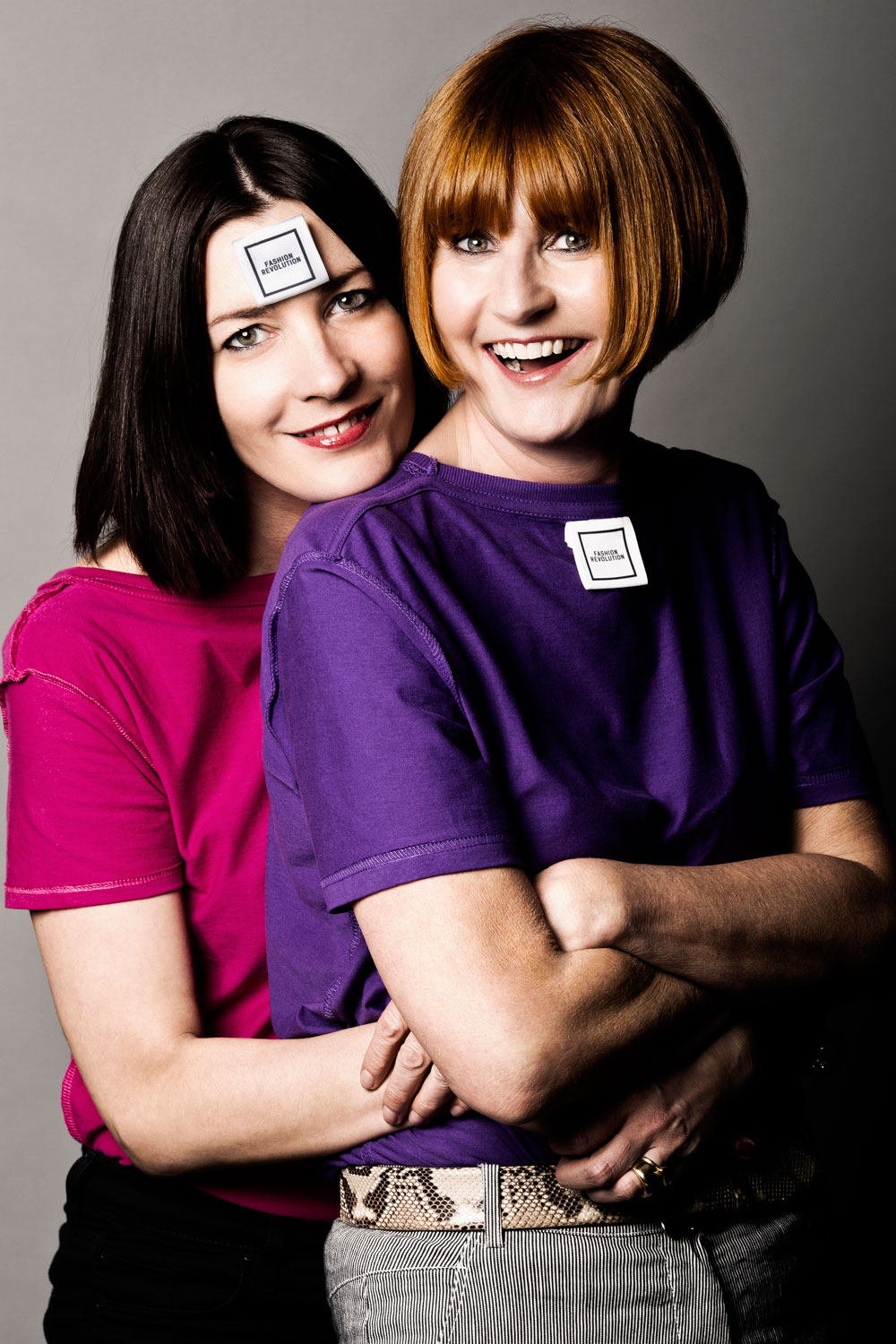
The first Fashion Revolution Day is today. But, do you know who made your clothes, asks its founder, Carry Somers?
Thursday 24th April marks exactly one year since 1133 people were killed in the catastrophic collapse of the Rana Plaza factory in Dhaka, Bangladesh. One of the biggest (and deadliest) garment factory accidents ever, a further 2,500 more workers were left seriously injured when the structurally unstable, overcrowded buildings, that produced products for brands like Mango, Primark and Benetton caved.
To mark the anniversary and encourage change within the industry, fair trade pioneer Carry Somers has founded Fashion Revolution Day, and with a little help from Livia Firth, Mary Portas, Amber Valetta, is encouraging everyone to wear their clothes inside out, study their labels and really think about who has made their clothes.
We asked Fashion Revolution Day founder Carry Somers what you need to know:
1. Consider this a wake-up call…
'In the 10 years or so before the Rana Plaza disaster another 2,200 people had died in Bangladesh’s garment industry. But because they’d been smaller disasters and fires, where maybe 50 people had been killed in each one, it hadn’t really made the news. It did take something of this scale, unfortunately, for the world to sit up take notice.
In the days following Rana Plaza, there was so much press about ethical fashion and articles saying that we need a more ethical industry. We looked at this momentum and thought, ‘how can we channel this and turn it into something which isn’t going to just last until next week when the press have moved onto the next big story?’ Fashion Revolution Day is aiming to lead long-term change within the garment industry.'
Marie Claire Newsletter
Celebrity news, beauty, fashion advice, and fascinating features, delivered straight to your inbox!
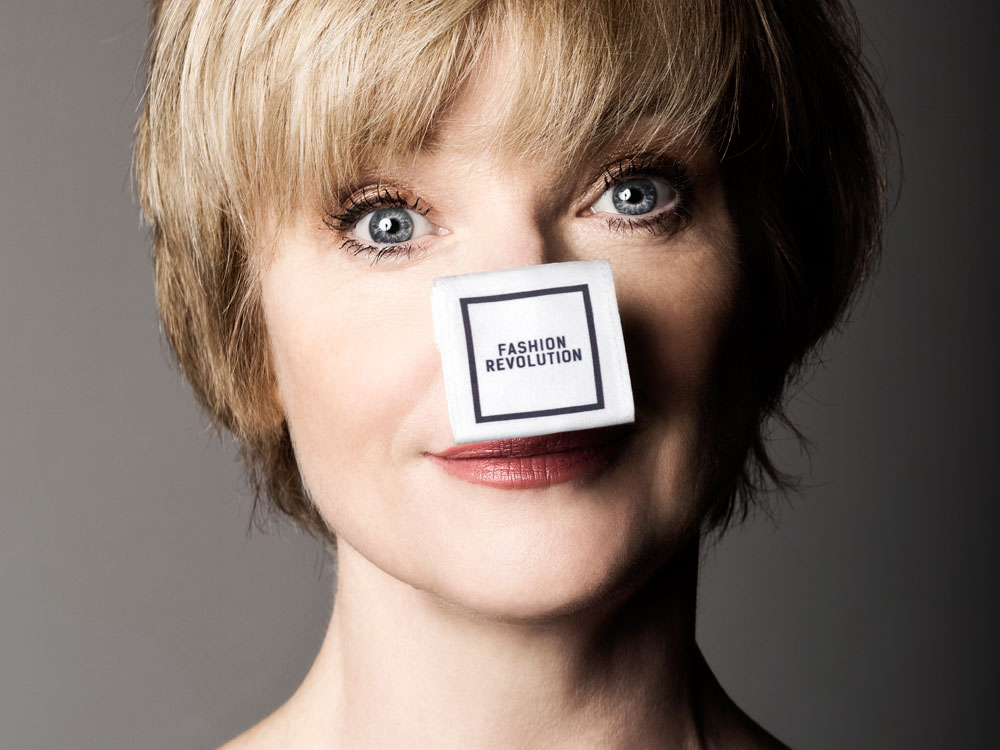
2. Come together…
'We realized that people across the fashion industry weren’t talking to each other about this before. There wasn’t one platform uniting factories, designers and journalists. We’re calling on brands to be more transparent and to look at the people in their entire supply chains. We want to raise awareness of the true costs of fashion and its impact at every stage in the process of production and consumption. When producers are faceless it costs lives, so we want to give a voice to everybody in the supply chain. We also want to use Fashion Revolution Day to celebrate everybody who’s already involved in creating a more sustainable future.'
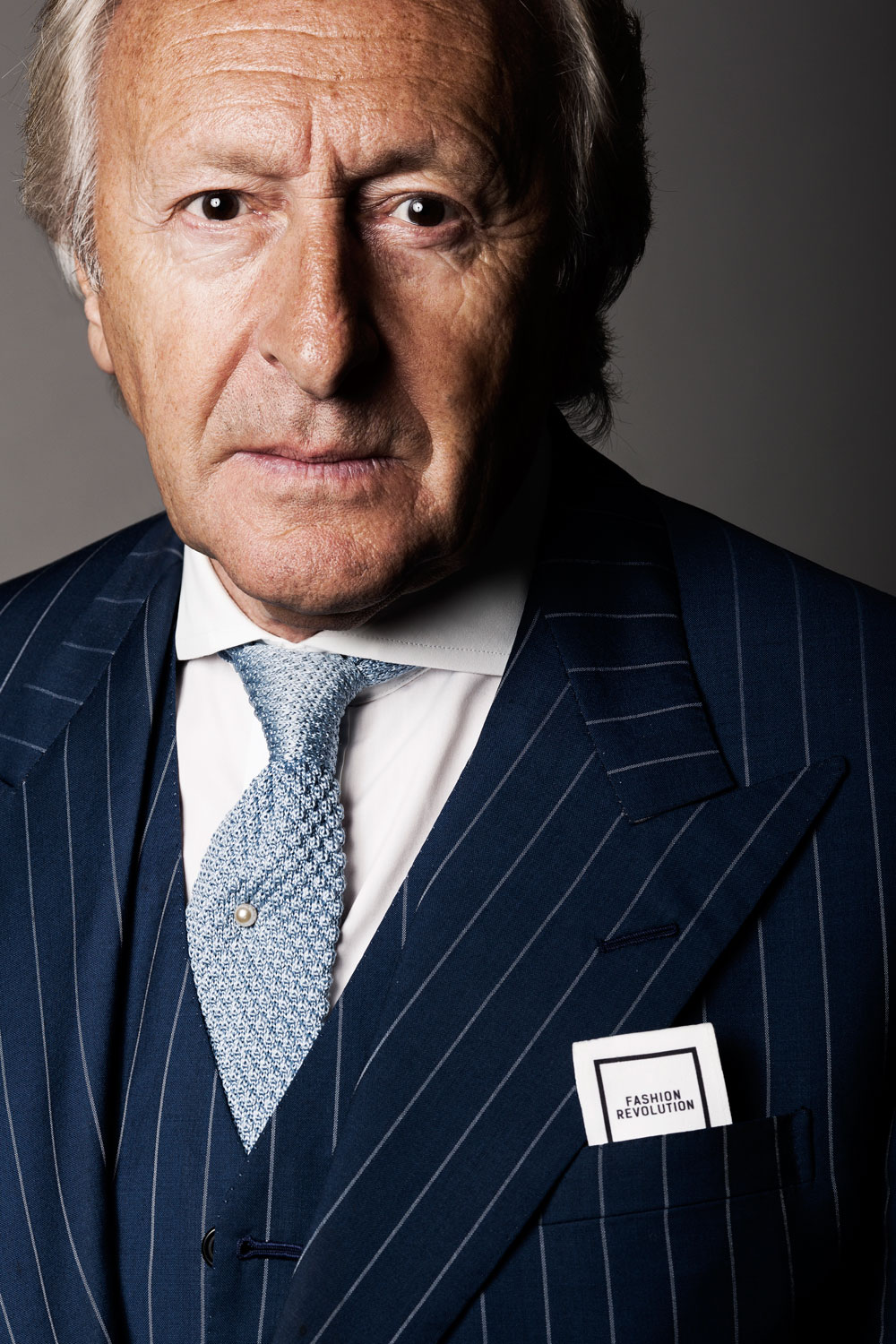
3. Change is happening…
'Consumer awareness has been the biggest change so far - we can’t pretend that we don’t know about cheap labour any more. There is definitely more auditing happening but unfortunately factory owners still know about the audits in advance, so the workers are told what to say and the underage workers are sent home or told to lie about their ages. That needs to change.'
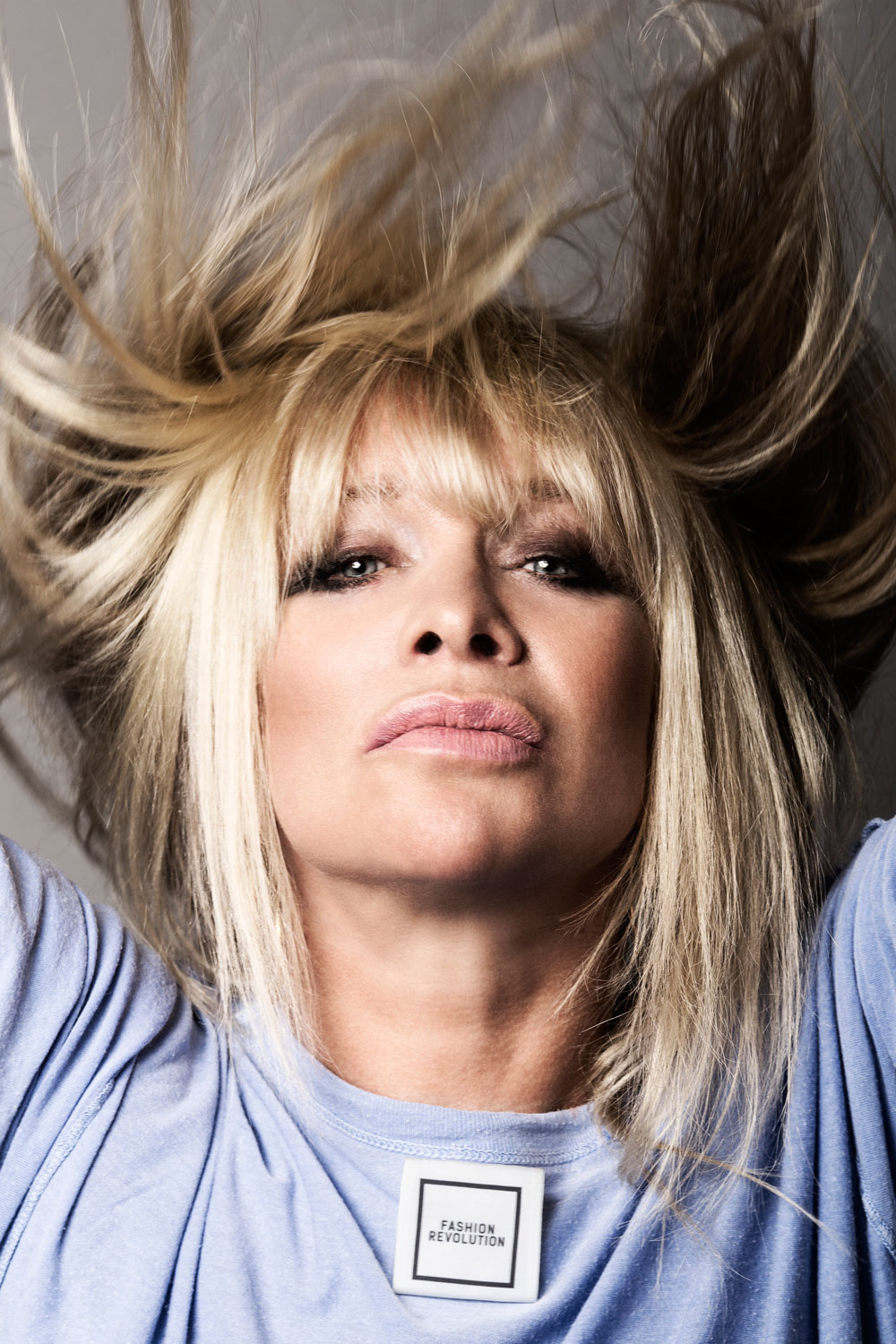
4. There’s still a long way to go…
'There’s been a 77 per cent increase in the minimum wage [in Bangladesh] but it’s still only $68 a month and there’s been a knock on effect on the cost of housing, food and transport. It would have cost an extra 18p per garment to have tripled the wages of everyone working at Rana Plaza. Isn’t that shocking? Or 6p per garment for every factory in Bangladesh to come up to the building safety standards. We’re not talking about adding a lot onto the cost of our garments. And there was a recent poll that said that, 74 per cent of British consumers would be willing to pay an extra 5 per cent per garment if it meant that it was ethically produced. It really is that simple.'
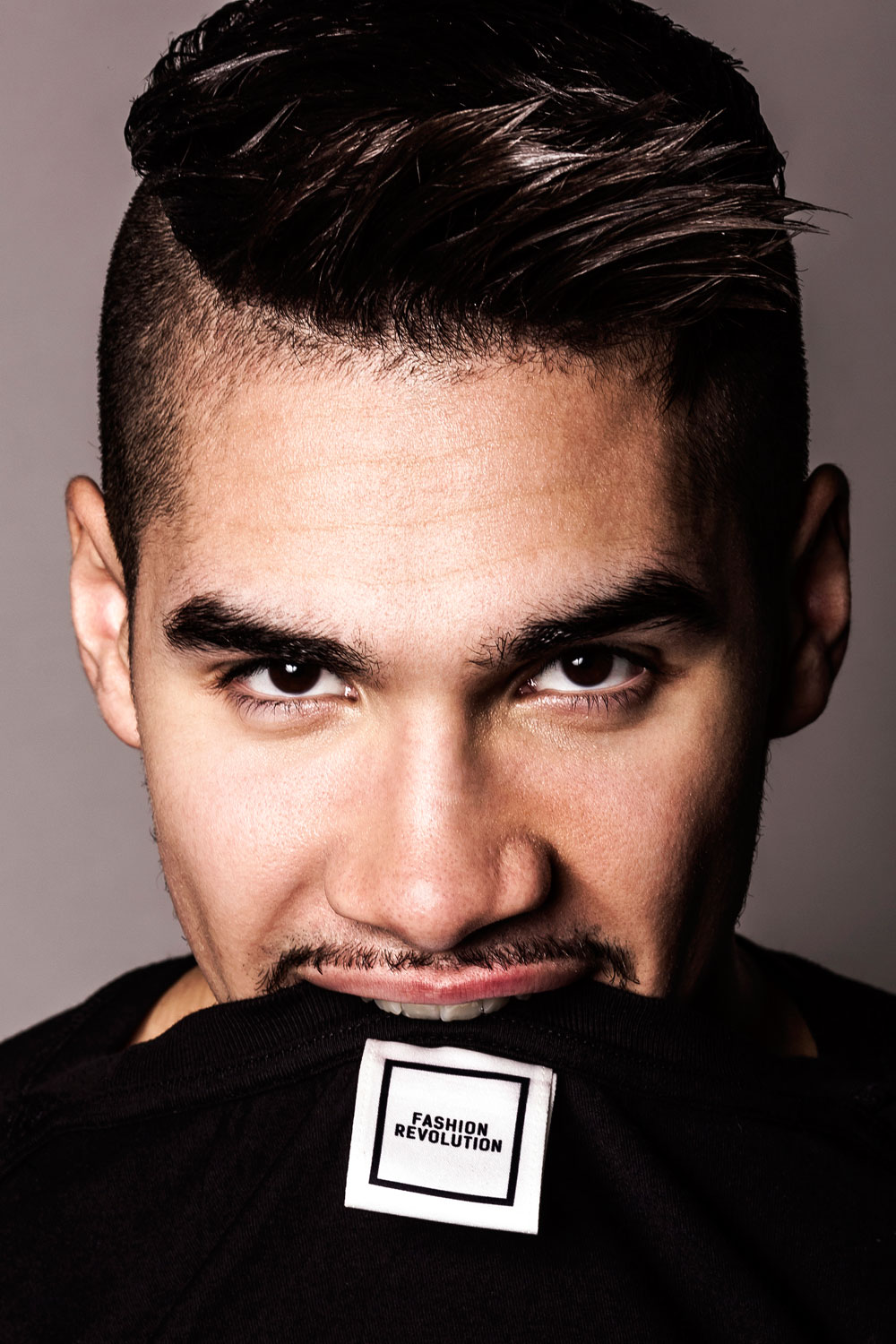
5. It’s about YOU…
'The idea of the ‘inside out’ day is to make people curious about their clothes. Wear your garment inside out for the day and look at it differently – the seams, how it’s made. You think about the many, many hands through which that garment has passed during its production process. The cotton farmer, through to the dyers and the ginners, up to dozens of people who stitch, or design, or market. Ask who made your clothes.'
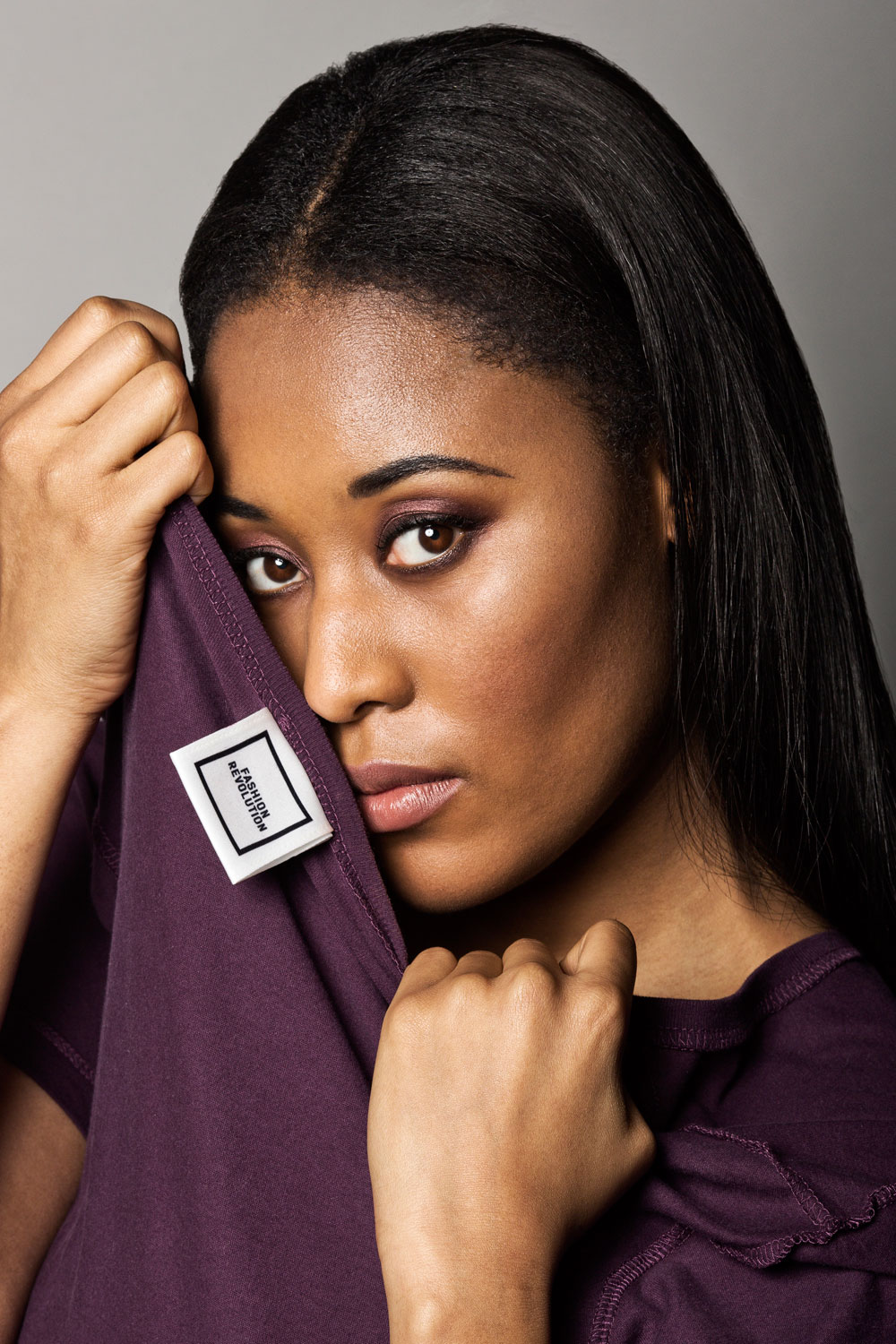
6. Keep asking questions…
'Change needs to come from the consumer. We’d see a radically different fashion paradigm if fashion followers started to think a bit more, to question, to ask at the tills. If enough people asked at the tills then the cashiers will start to ask their management, that would then get passed on, which would eventually get up to the boardroom. And I think we need to be asking and we need to be challenging and if you ask the questions, sometimes you’re surprised at the answers.'
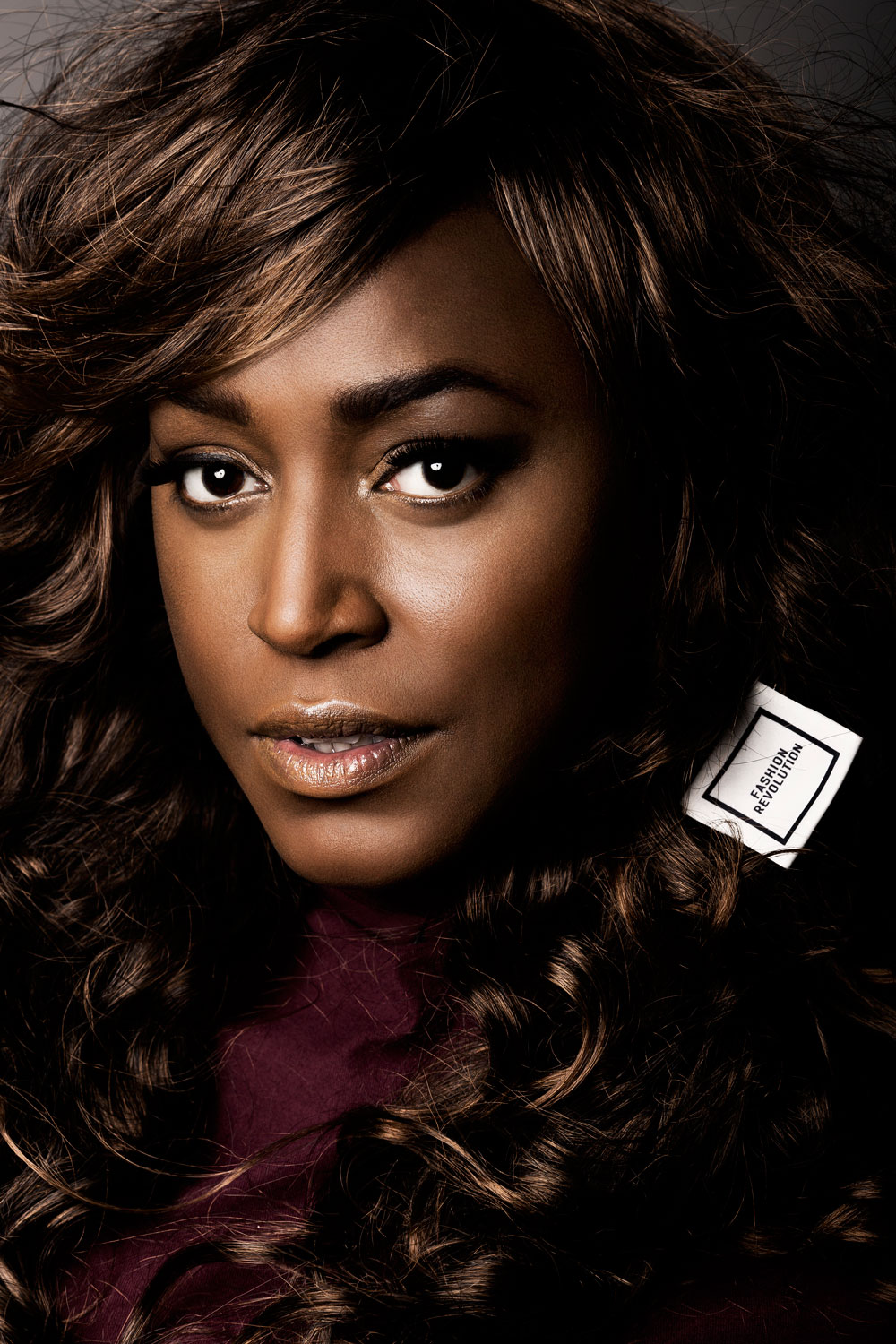
7. Celebrate the companies that do it well…
'Purely ethical designers are a small, but growing, market. But some high street brands, like H&M and New Look are doing a lot. I’ve spent quite a lot of time looking at H&M’s sustainability pages and they’re really trying to empower their workers. They’re giving them the knowledge to back their rights, encouraging the to join unions and this is exactly what we need to be doing. There are a lot of brands that aren’t quite doing enough, though. Our website’s resources page has a fantastic ethical fashion trump card game, which rates brands on their approaches to labour issues, product traceability and the environment.'
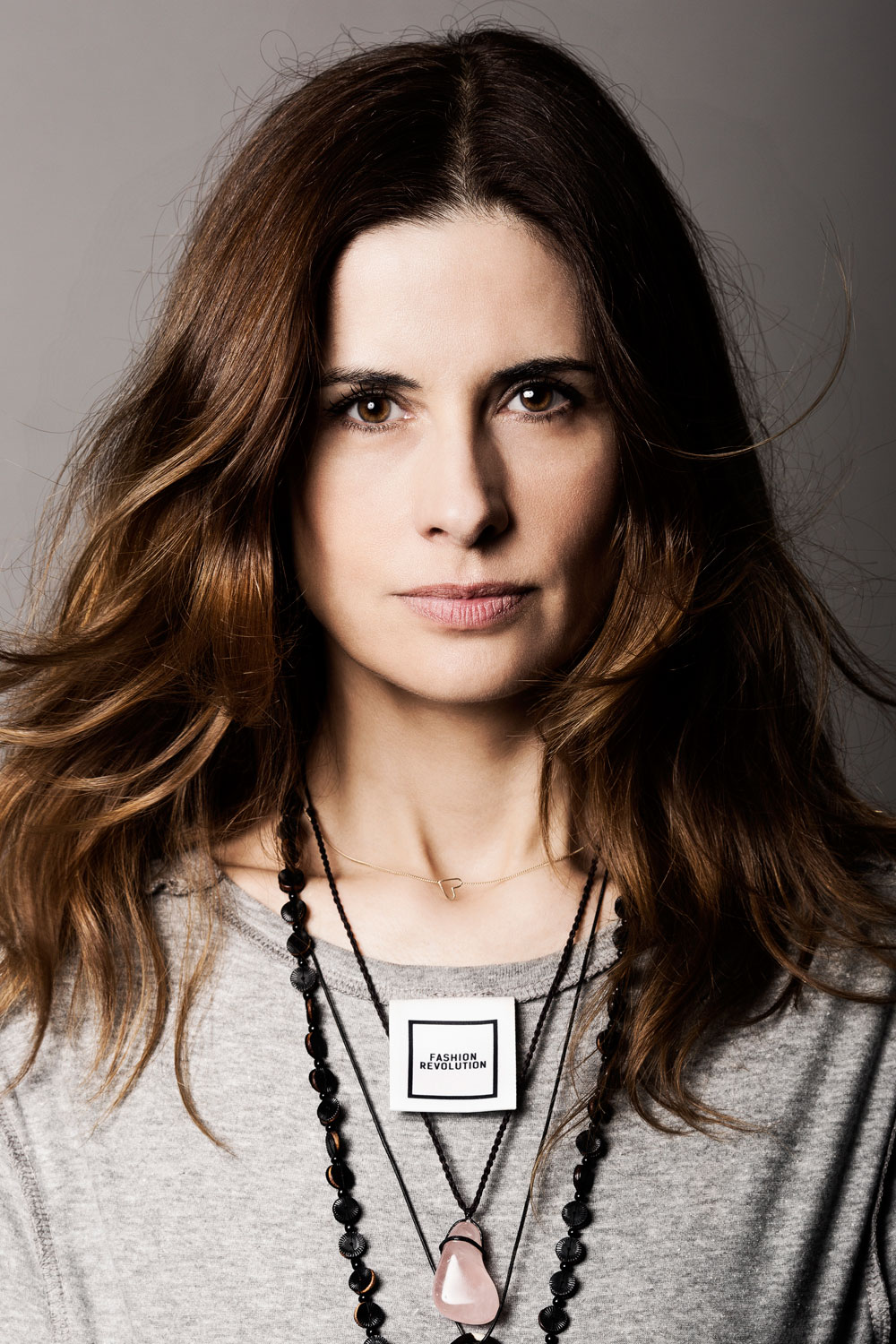
8. A little star power doesn’t hurt…
'Livia Firth has been an incredible supporter. She’s fantastic at putting people in touch and using her voice to get contacts together. She’s going to be at Copenhagen Summit (April 24) and she’ll be speaking about Fashion Revolution Day there.'
Fashion Revolution Day is April 24th. For more information please visit fashionrevolutionday.com
Image credit: Trevor Leighton.
-
 These are the 11 cult designer buys of spring 2025—and they're already selling out
These are the 11 cult designer buys of spring 2025—and they're already selling outFrom Miu Miu's must-have cowboy hat to Loewe's latest bag
By Clementina Jackson
-
 Prince William and Princess Kate have announced their 14th wedding anniversary plans
Prince William and Princess Kate have announced their 14th wedding anniversary plansBy Jenny Proudfoot
-
 Blake Lively’s emotional tribute to husband Ryan Reynolds is going viral
Blake Lively’s emotional tribute to husband Ryan Reynolds is going viralBy Jenny Proudfoot